Climate Crisis: Decades-Long Slow Burn Ignites Roaring Bonfire
We can’t wait another year to take bold action. Change starts at home and ends with dynamic leadership. Another year of pussyfooting around will only bake in more pain.
January 4, 2024
Some 100,000 Rhode Island residents, many of them young children, live with asthma. The Ocean State’s low-wealth adults are 40% more likely than other adults to have the chronic lung disease. Another 55,000 or so local residents have chronic obstructive pulmonary disease and are disproportionately impacted by high levels of fine particulate matter, that nasty pollution that spews forth from smokestacks and tailpipes.
The climate crisis, climate change, global warming, fossil fuel addiction, or whatever we want to label human-caused planetary destruction is about more, much more, than sea level rise, melting glaciers, atmospheric carbon dioxide levels, and that much-talked-about 1.5 degrees Celsius (2.7 degrees Fahrenheit) above pre-industrial temperatures threshold.
The changes are both big and small. For proof, just look out your window, visit an emergency room, or follow the news.
Southern New England landscapers are mowing lawns … in December. Flooding even during decent-sized rainfalls and every high tide is a burgeoning problem. Winters are warmer and summers are hotter. Plants and animals are confused. Humans are apathetic.
Instead of being sensibly alarmed and taking appropriate action, we are inundated with “climate-has-been-changing-for-millions-of-years” selfishness.
Of course it has. The difference is human activity, largely from the burning of fossil fuels, in the span of only a few centuries has appreciably accelerated change, and not for the better. Also, when significant change happened in the past, there wasn’t 8-plus billion of us on the planet devouring resources and dramatically changing the landscape.
We’re burning — literally and figuratively — our house to the ground.
In late March of last year, the U.N. Intergovernmental Panel on Climate Change released its Synthesis Report of the Sixth Assessment Report (ignore the horrible title) and the scale of the crisis we face screams from nearly every page. The most alarming fact is that the planet’s fossil fuel-powered change is already displacing and killing millions of people worldwide. (Our irresponsible behavior has also triggered a sixth mass extinction.)
From 1999 to 2020, U.S. coal-fired power plants alone killed at least 460,000 people, according to a study published in November.
The World Health Organization says that annually between 2030 and 2050, the climate crisis is expected to cause some 250,000 additional deaths worldwide, and not all of those lives will be lost in hurricanes, tornadoes, wildfires, and flooding. Many of those lives will be lost to malnutrition, malaria, diarrhea, and heat stress.
In 2021, 200 leading health and medical journals from around the world called climate change the “greatest threat to global public health.” A 2021 paper noted human health “is already being harmed by global temperature increases and the destruction of the natural world.” In September 2022, the U.S. Department of Health and Human Services issued a report calling the climate crisis “the most significant public health challenge of the 21st century.”
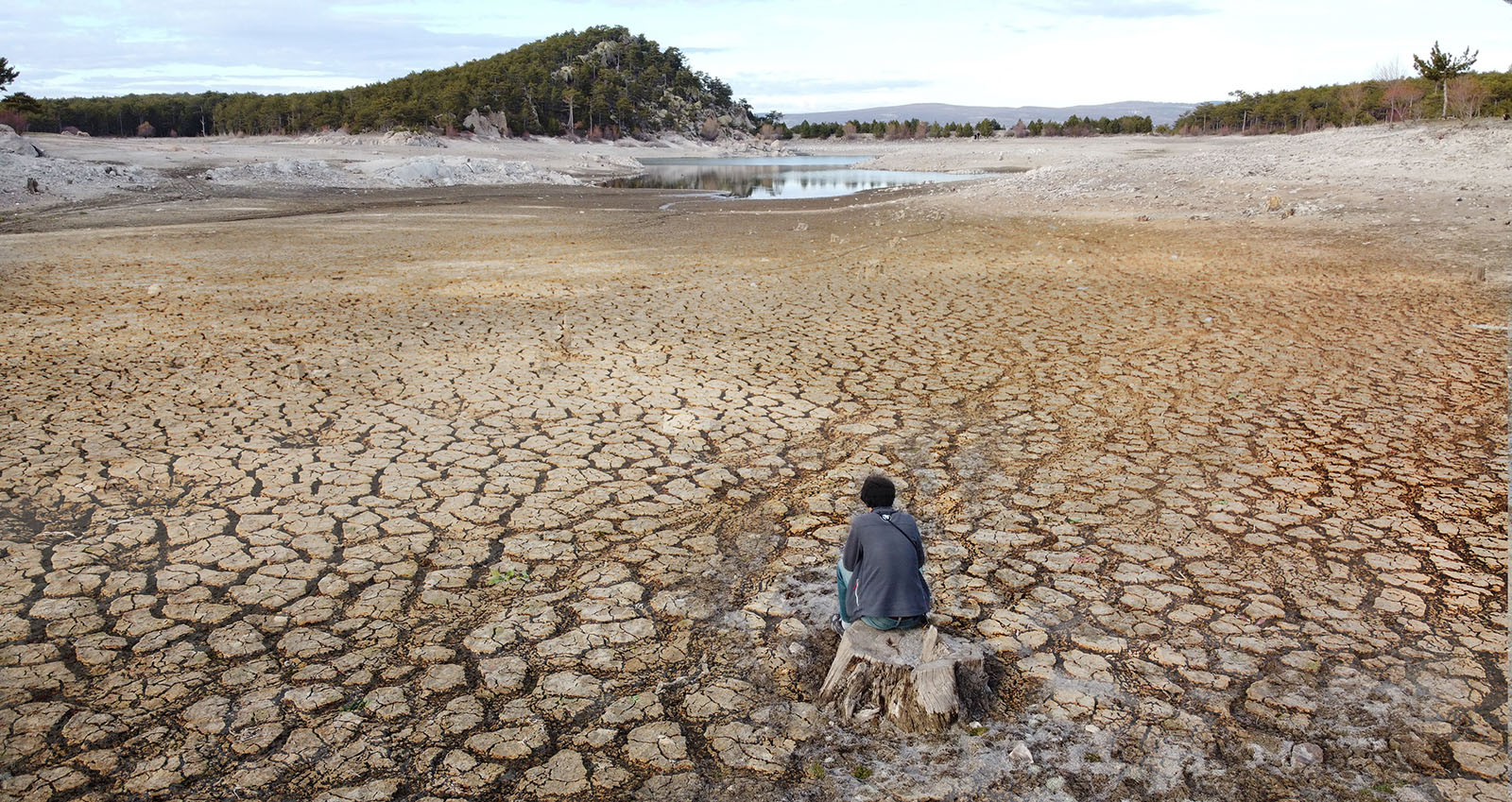
If the number of people suffering and dying either directly or indirectly from our relentless burning of methane, gasoline, diesel, propane, oil, and coal doesn’t set off warning bells or move your compassion needle, there are countless other impacts caused by our reckless behavior that are diminishing life — even yours — via a thousand cuts, some, as noted above, that are deadly serious and others that are more of an inconvenience.
Their accumulative impacts, however, on the environment, public health, and the economy are and increasingly will be vast, severe, and often unknown until it’s too late. Much has already changed. Much more will. Most changes have negative impacts for human and nonhuman life.
Just last year, record temperatures, droughts, wildfires, and floods caused billions of dollars of damage worldwide, even before greenhouse gas emissions take warming beyond that Celsius threshold. (The world is on track for a “hellish” 3 degrees Celsius, 5.4 degrees Fahrenheit, of global heating, according to the U.N. secretary general.)
The intensity of extreme drought and rainfall has increased significantly during the past two decades, which has led to crop failures, infrastructure damage, humanitarian crises, and conflict, according to a study published in the journal Nature Water.
Violence related to water access has also been rising steadily since 2000, as the climate crisis and growing scarcity exacerbate old and new conflicts, according to the Pacific Institute.
In fact, the world is facing an imminent water crisis, with demand expected to outstrip the supply of fresh water by 40% by the end of this decade, according to a report published last year. The researchers said governments must stop subsidizing the extraction and overuse of water through misdirected agricultural subsidies and industries from mining to manufacturing must be made to overhaul their wasteful practices.
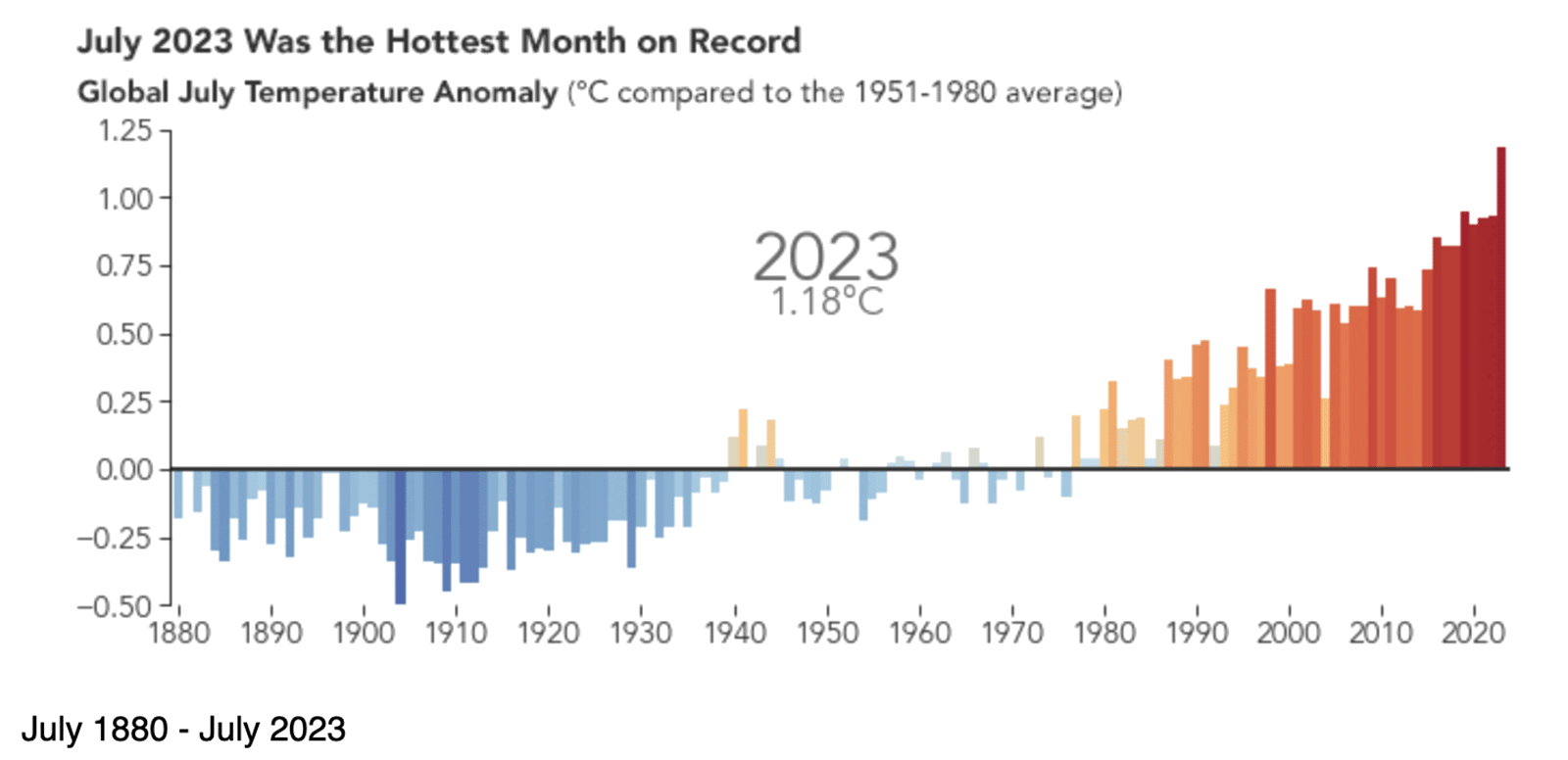
Last summer, 98% of the people on the planet experienced higher-than-normal temperatures. July was the hottest month ever recorded. June, August, September, October, and November were also the hottest ever recorded for their respective months. The United States just experienced by far its warmest December ever recorded, and 2023 is expected to break the record for the warmest year.
A report published in October said the planet is barreling toward “uncharted climate territory” and on track to become uninhabitable for between 3 billion and 6 billion people by the end of the century, if we don’t slash greenhouse gas emissions immediately and drastically.
The report, titled “The 2023 state of the climate report: Entering uncharted territory” and published by a dozen climate scientists from around the world, summarized reams of evidence indicating that global efforts to curb climate emissions are falling way too short. They said major changes are needed now.
If you’re thinking, “I live in the United States and don’t need to worry about such things,” you are deeply misguided — and probably a bit self-centered.
The climate crisis is making it harder to “maintain safe homes and healthy families” in the United States, according to the Fifth National Climate Assessment released in November.
The extensive report, compiled by 750 experts, noted that extreme weather and harmful impacts of the climate emergency U.S. residents are already experiencing — heat waves, wildfires, extreme rainfall — will worsen as temperatures continue to rise. It also noted that every part of the country, from heavier rainfall in the Northeast to prolonged drought in the Southwest, is being impacted by climate change.
A month’s worth of rain drenched the Pacific Northwest during the first week of December. The deluge caused widespread travel disruptions and flooding. Roads, schools, and businesses had to be closed.
The United States is warming about 60% faster than the world as a whole, according to the national climate assessment. Since 1970, the Lower 48 states have warmed by 2.5 degrees Fahrenheit (1.4 Celsius) and Alaska has warmed by 4.2 degrees (2.3 Celsius), compared to the global average of 1.7 degrees (0.9 Celsius).
Global warming and its primary driver, the burning of fossil fuels, have created an accelerating public health crisis, according to a 2022 Lancet brief. The health impacts in the United States are far-reaching and predicted to increase in the coming years.
Impacts include increases in heart and lung disease, infectious diseases, heat-related illness, poor pregnancy outcomes, sleep deficiencies, and adverse mental health impacts. Climate change also causes disruptions in health-care delivery, education, employment, and social services and causes population displacement and societal-wide economic harm, according to the brief.
Last March, the president of one of the world’s largest insurance brokers told a Senate committee that climate change is destabilizing the industry, driving up prices, and pushing insurers out of high-risk markets (see, coastal Florida). He said the crisis is injecting uncertainty into an industry built on risk prediction and has created “a crisis of confidence around the ability to predict loss.”
Wildlife, from insects to birds to fish and lobsters, have already started migrating north because of warming air and water temperatures. About 10 billion snow crabs disappeared from the Bering Sea between 2018 and 2021 and researchers have concluded that warmer water temperatures helped drive the crabs to starvation. The species is now moving farther north.
New England’s shrimp fishery, which fell victim to warming waters, will remain in a fishing moratorium indefinitely, regulators ruled last month. The industry has already been closed for a decade.
Studies have shown that as temperatures increase and frost-free seasons grow, ticks that carry Lyme disease and other human pathogens will likely continue to expand their geographic and seasonal distribution in the United States, increasing the potential risk of human disease, according to the Environmental Protection Agency.
The life cycle and prevalence of deer ticks, a major carrier of Lyme disease, are strongly influenced by temperature. Deer ticks are mostly active when temperatures are above 45 degrees. Health officials are also concerned about tick-borne encephalitis, a potentially deadly disease that is spreading into new regions around the world, The Associated Press reported in July.
Warmer and wetter conditions can also increase the abundance and range of mosquitoes that carry West Nile virus, Zika virus, and other pathogens.
A dangerous fungus (Candida auris) is becoming more prevalent and scientists believe climate change could be to blame. New York state is a major hot spot.
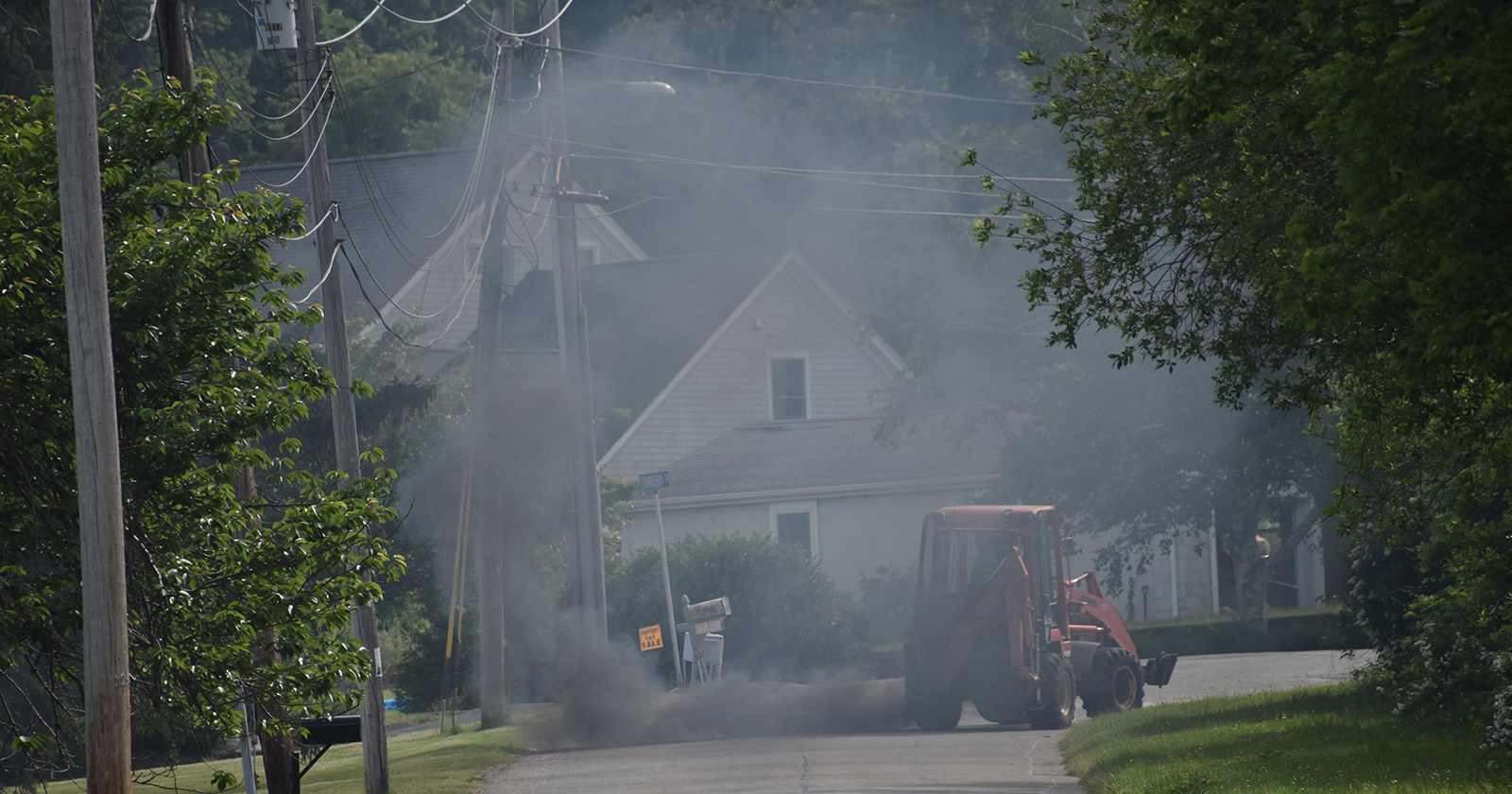
Air pollution is helping to drive a rise in antibiotic resistance that poses a significant threat to human health, according to a global study published last summer. Air pollution is already the largest environmental risk to public health. Long-term exposure is associated with asthma, heart disease, lung cancer, and reduced life expectancy.
Long-term exposure to fine particulate matter, especially from fossil fuel-spewing road traffic, causes childhood asthma, according to the American Thoracic Society. Thousands of children younger than 5 die prematurely annually from lower respiratory infections caused by air pollution from the burning of oil, methane, gasoline, diesel, and coal, according to the Harvard T.H. Chan School of Public Health.
To lessen air pollution impacts from internal combustion engines, Rhode Island promised two-plus decades ago it was going to crack down on diesel emissions spewing from the state’s dirtiest vehicles.
A 2000 amendment to state law acknowledged that heavy-duty diesel vehicles contribute significantly to air pollution and diminish “the quality of life and health of our citizens.”
“It is in the public interest to establish a program regulating exhaust emissions from heavy-duty diesel trucks and buses traveling within Rhode Island,” the amended law stated. It directed the state’s Division of Motor Vehicles and the Department of Environmental Management to launch a heavy-duty inspection and maintenance program, like the one we have for cars and lighter trucks, by 2003.
Twenty-one years later, 155,000 Rhode Islanders with asthma and chronic obstructive pulmonary disease are still waiting for the state to do something to lessen their suffering beyond waiting for electric vehicles to come to the rescue.
Another broken promise. More talk and no action from Rhode Island’s supposed leaders. Their continued lack of foresight leads to broken bridges.
Business interests and recreational activities are being increasingly threatened by a changing climate that is allowing, among many other things, invasive species to thrive and toxic algal blooms to flourish.
“Climate change is hastening the demise of Pacific Northwest forests” is the headline to a recent Associated Press story. In recent years, at least 15 native Pacific Northwest tree species have experienced growth declines and die-offs, 10 of which have been linked to drought and warming temperatures.
The changing climate is anticipated to further the challenges producers are already seeing in two key beer crops: hops and barley. Some hops and barley growers in the United States say they have already seen their crops impacted by extreme heat, drought, and unpredictable growing seasons, according to AP reporting.
Climate conditions that reduce coffee yields have become more frequent during the past 40 years, with rising temperatures from global warming likely to lead to “ongoing systemic shocks” to coffee production, according to research published last year.
The burning of fossil fuels and the growing accumulation of greenhouse gases in the atmosphere also exacerbate common health nuisances. For example, poison ivy grows faster and is more toxic when atmospheric carbon dioxide increases.
During the past 150 years, atmospheric carbon dioxide has risen from 280 parts per million to 420; more than a quarter of that increase has occurred since 2005, according to the National Aeronautics and Space Administration.
Besides taking a physical toll on human bodies, climate impacts can also affect mental health and well-being — and some populations and communities are especially vulnerable. High-risk residents include those who are very young or very old, people with a disability, and those living in poverty.
Climate change impacts, including disasters, excessive heat, and economic losses, are associated with increased risk of depression, stress, post-traumatic stress disorder, anxiety, grief, substance abuse, disempowerment, and hopelessness, according to a 2016 scientific assessment.
The solutions to these climate-related problems are justice and speed. There are viable and economically attractive solutions available. We possess the knowledge and technologies required to create a just, livable, and sustainable future for us and the world we share. We know what needs to be done.
What we lack is political will, strong leadership, accountability, and empathy.
Our window to act is quickly closing.
Hopefully, this is the year the collective we realizes we need to stop nibbling around the edges of this emergency and start implementing bold actions.
Note: I begin the new year writing about this climate emergency because if we don’t radically address the situation now nothing else really matters.
Frank Carini can be reached at [email protected]. His opinions don’t reflect those of ecoRI News.

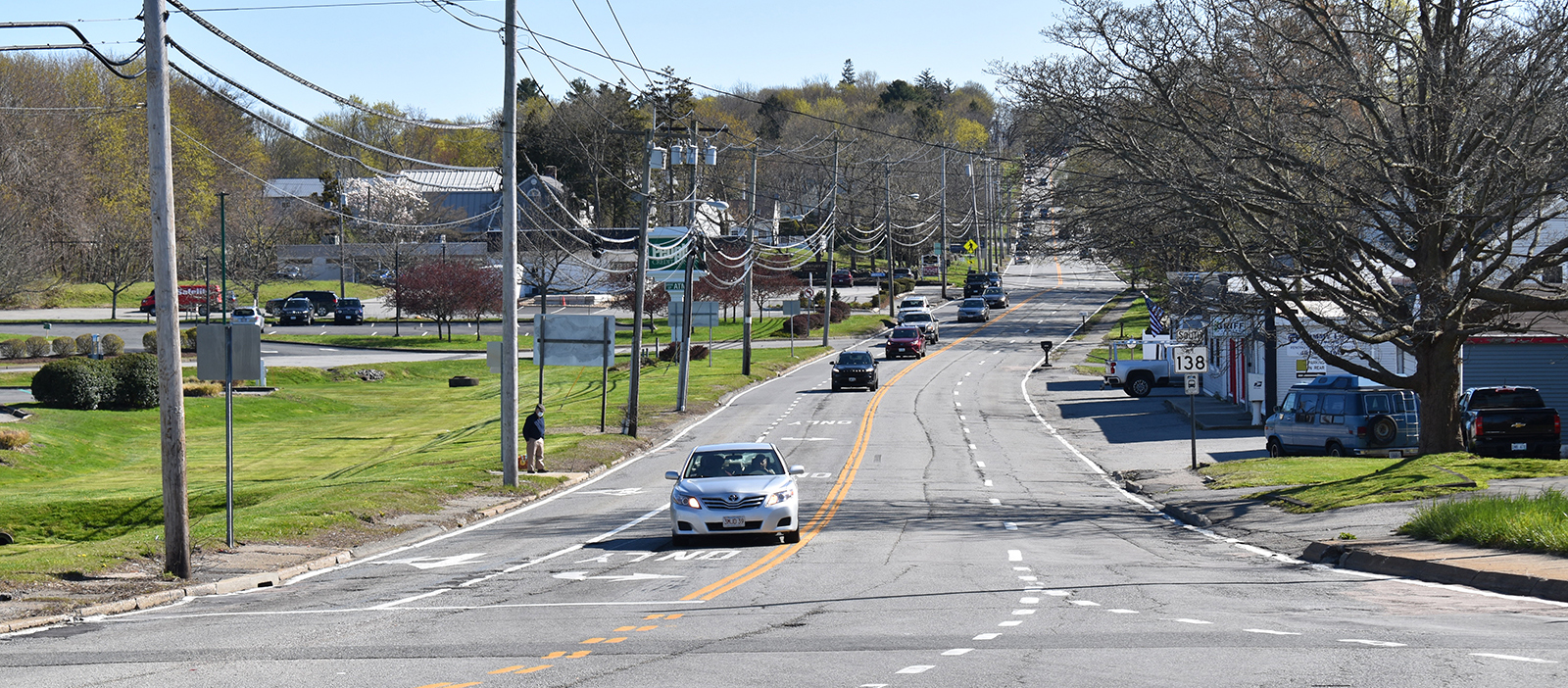
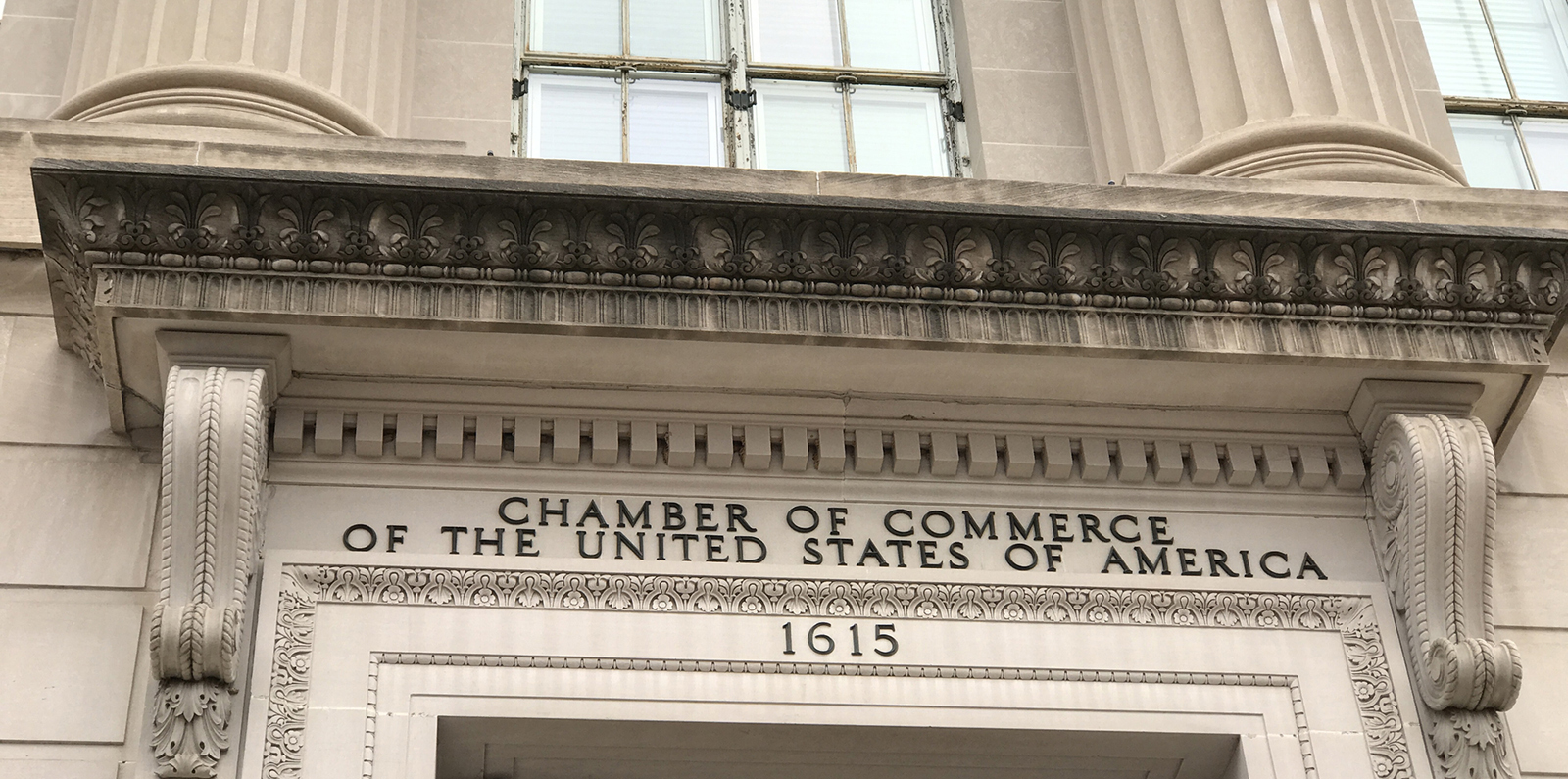
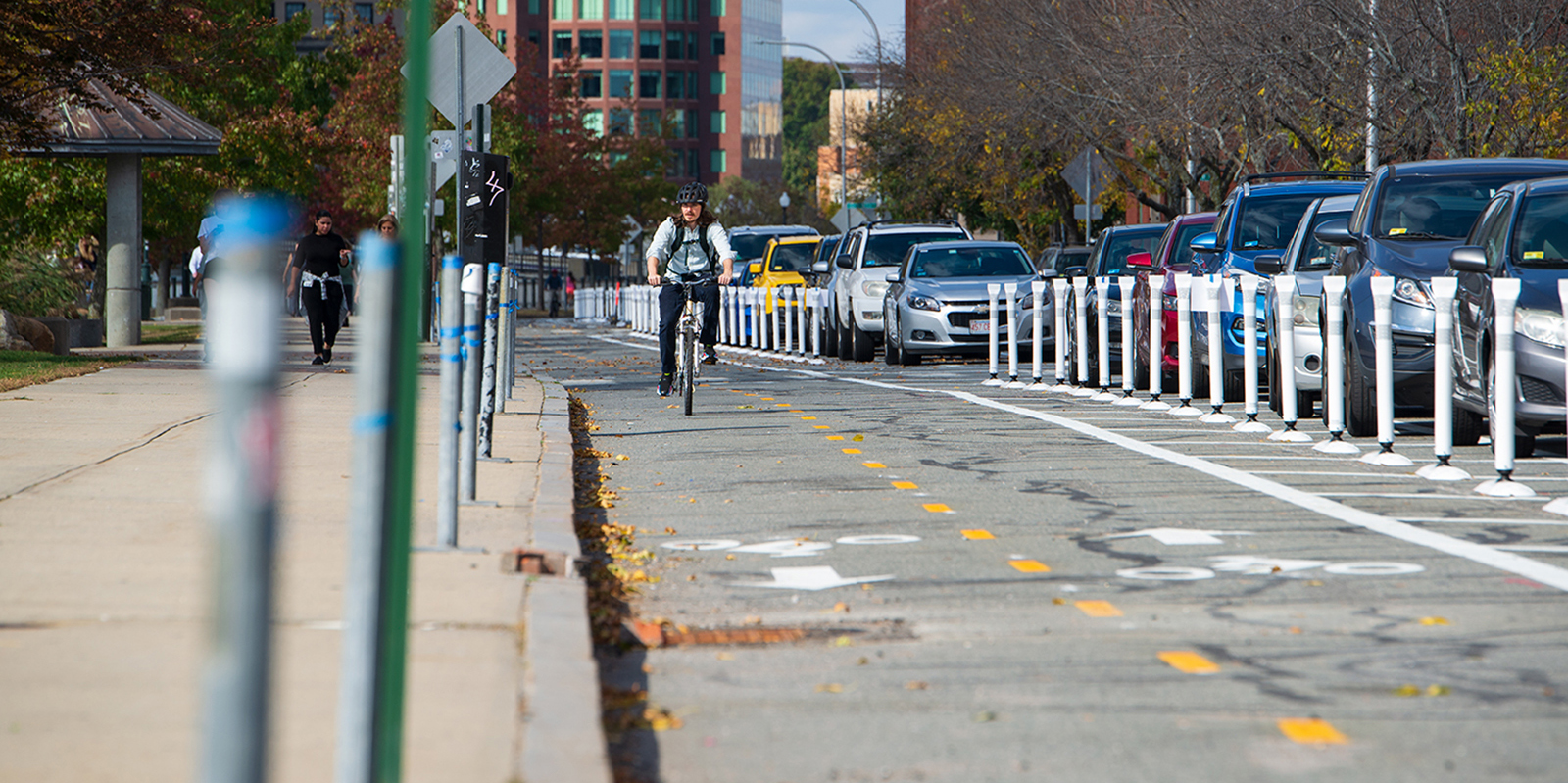
The existential crisis of our times. keep writing Frank
Frank, one of your best writings I’ve read yet. Us apathetic humans lack firm leadership and accountability to make consistent long term change. Leadership changes so fast, policies revolver around accommodating bigger businesses to cater special interests without understanding consequence; mainly out of fear. Fear of upsetting the machine or compromising a leaders ability to approach whatever finish line they’re greedily working towards.
Quite simply humans are the most selfish species this planet has. People are great at taking, but terrible at putting back.
We’re all unreliable Animals.
https://youtu.be/Gq6Mbi3r8ZQ?si=6AHD2B7h6JPuK48J
Your best article yet Frank.
Keep it going. Eventually you’ll wake the rest of us up. Everyone doing their part to slow down warming can make a difference.
Thank you!!
Frank, spot on! Bravo!
For all of us there is one thing to do this year: testify or comment on climate-relevant bills and proposals in the Legislature and EC4 meetings, and relentlessly ask
“how much Green House Gas emissions will this reduce?”, and
“why can’t this be done Now?” (especially on bills and proposals that have been “held for further study”, or otherwise stalled for years),
and insist on an answer.
No new fossil exploration, no new dirty leaky Methane gas infrastructure, no subsidies for the fossil fuel industry.
We can’t tolerate for another year that actions to keep the planet livable are still not given top priority and aren’t managed as a wartime-like effort. Let’s push harder!